-
•
•
41 responses
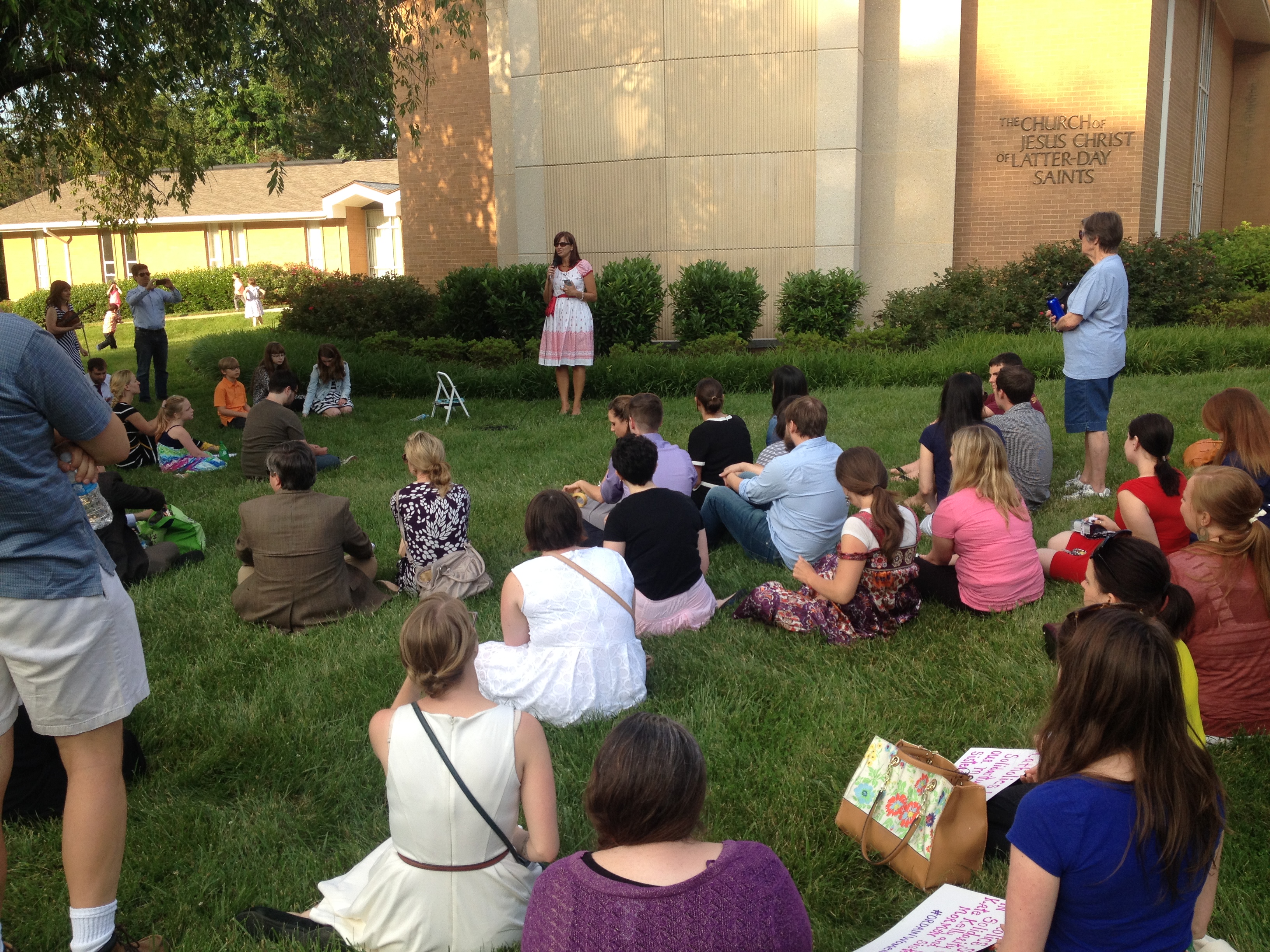
One of my most recent posts was an attempt to honestly explore (or at least ask) the question: “How do faithful members collectively petition our prophets to petition the heavens?” The scriptures and the early days of our church are replete with faith-inspiring examples. How do we do it now that we’re millions strong? The answer – as the events of the last two weeks have thrown in dramatic relief – is that we don’t have one.[1] Many others have noted the fact of Kate Kelly’s disciplinary council arising from (as many think) her aggressive tactics courting media and engaging non-Mormons on… Read More
-
•
•
21 responses
Karen Hall has an interesting post on church courts that’s worth reading. Her basic point is that church courts fail to comply with some rule of law norms. I would quibble with some of her points. For example I think she slips from the idea of rule of law to the narrower idea of an adversarial judicial process involving juries. Most of the world, however, uses the civil law system which has no juries and uses an inquisitorial rather than adversarial structure. (I do not mean inquisitorial to be pejorative. It simply means a system where the judge actively inquires… Read More
-
•
•
12 responses
We are pleased to post the last installment of our Q&A with Armand Mauss, LDS author and scholar. See Part 1 for a full introduction and the first set of questions and answers, and Part 2 for the second set. 9. In the third chapter of your recent book Shifting Borders and a Tattered Passport, you discuss how as a graduate student you encountered the theory “that truth or reality is socially constructed,” which you contrasted with an “absolutist or essentialist ontology” that you had developed as a young Latter-day Saint. At the end of the chapter, you reflected back… Read More
-
•
•
100 responses
On Tuesday, Ally Isom, Senior Manager of Public Affairs with the LDS Church, encouraged listeners to have respectful conversations about their concerns with and faith in the Church. Read More
-
•
•
4 responses
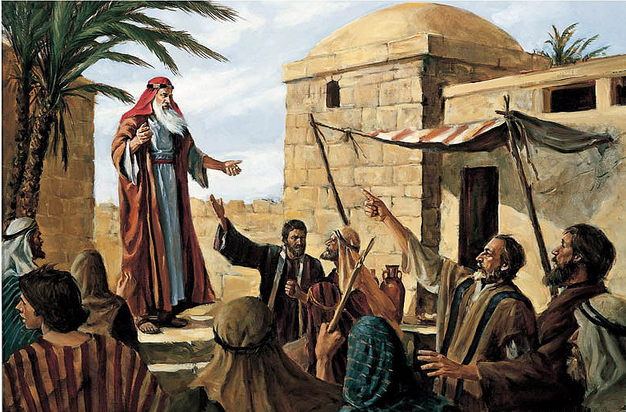
Last week I started reading the Book of Mormon again from the beginning. The first day, I made it through 1 Nephi 1. The second day, I made it through 1 Nephi 2:1. For behold, it came to pass that the Lord spake unto my father, yea, even in a dream, and said unto him: Blessed art thou Lehi, because of the things which thou hast done; and because thou hast been faithful and declared unto this people the things which I commanded thee, behold, they seek to take away thy life (1 Nephi 2:1) “Behold,” says The Lord, “They… Read More
-
•
•
3 responses
For anyone in or near London this Friday: Read More
-
•
•
22 responses

Isabelle Collin Dufresne, known as Ultra Violet, died this morning after a battle with cancer. She was 78. Dufresne was perhaps the most famous Mormon artist that most Mormons haven’t heard of. But at the height of the Pop Art movement and Andy Warhol’s Factory, Ultra Violet was well known in the New York art scene, and she is still well remembered for her memoir of that time, Famous For 15 Minutes: My Years with Andy Warhol. Read More
-
•
•
4 responses

Two of the most inspiring parts of life to me are seeing new places and learning new things. So it’s no surprise that I’ve long been fascinated with the story of Eve, the woman who lived in Paradise and gave it up to see and experience things she could never have imagined, and learn things that would change her forever. The traditional religious line has been to condemn Eve for her fateful choice and blame her for the evils of our fallen world. But as Mormons, we think differently. As Orson F. Whitney described it, the Fall was a fall… Read More
-
•
•
14 responses

In statistics, a popular approach is to think of the statistician as having a set of views (“priors” or “prior distributions”) that are based on past evidence and when new evidence comes in, one integrates that information in and forms a new set of beliefs (“update your priors”). So, for example, if I think I am brilliant in math, a series of poor math test grades even after studying might convince me to reassess that belief. Alternately, I could stick with my priors and treat the new evidence as flawed or not informative because I am mad or upset. This is especially… Read More
-
•
•
37 responses
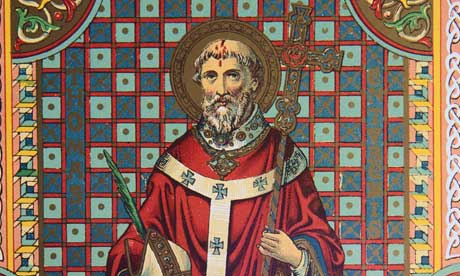
“Will no one rid me of this turbulent priest?” According to popular tradition, this is the line that King Henry II blurted out after repeated disagreements with Thomas Becket, Archbishop of Canterbury. (There are several variations, such as “who will rid me of this meddlesome priest?”) Four of Henry’s knights interpreted this as a royal command and set off for Canterbury, where they slew Becket while he prayed at the altar. How should we understand the knights’ actions? Should we view them as following orders, or as acting on their own initiative? There are multiple possible interpretations. For instance, if… Read More
-
•
•
41 responses
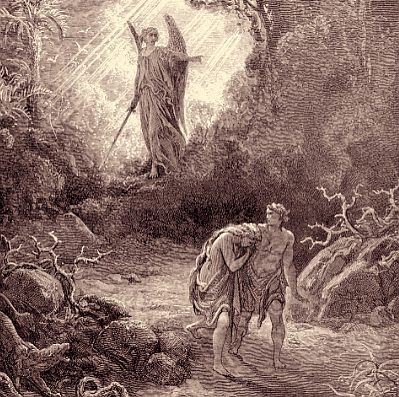
Job 1: 20 Then Job arose, and rent his mantle, and shaved his head, and fell down upon the ground, and worshipped, 21 And said, Naked came I out of my mother’s womb, and naked shall I return thither: the Lord gave, and the Lord hath taken away; blessed be the name of the Lord. 22 In all this Job sinned not, nor charged God foolishly. Job 2: 11 ¶Now when Job’s three friends heard of all this evil that was come upon him, they came every one from his own place; Eliphaz the Temanite, and Bildad the Shuhite, and Zophar the Naamathite: for they had made an appointment together to come to mourn with him and to comfort him.… Read More
-
•
•
16 responses
I leaned into the aisle and looked back. And all the way at the back of the chapel, I saw my 3 year old strolling down the aisle, wearing nothing but a Curious George t-shirt and his glory be. Read More
-
•
•
22 responses
When teaching Institute recently to a class of LDS students in our ward, I used the term ‘Latter-day Israel’ and met with a surprised silence: they had never heard the term. Yet, all of them were second generation members, born and raised in the church and thoroughly schooled in whatever the church had thrown at them, several had performed a mission and as university students (most of them) they had read their church books. Being a convert member now for almost 50 years, I suddenly realized how much the discourse on Israel had changed in the church. Maybe this is… Read More
-
•
•
2 responses
We have moved servers this weekend, and during the move the site was temporarily not able to accept any comments, nor did we have any new posts until after the move was finished. If you can see this post, then the move is complete and you can make comments normally. New posts should start appearing shortly. Read More
-
•
•
58 responses
There are certain things that we need and desire. Among these is love and sex. I conjoin two words, but I mean it to refer to a single whole, the embodied connection of affection, commitment, and pleasure that comes in the mutual giving of two people of themselves to each other. That. It’s a longing that has deep roots in biology and human experience. It seems a good candidate for a necessary component of a good life. The problem comes when that truth – that a good and complete life includes love and sex – combines with our dominant moral… Read More
-
•
•
80 responses
While it is possible that some Church leaders in the past may have been fallible, it falls to us now to follow our current Church leaders unfailingly. Read More
-
•
•
117 responses
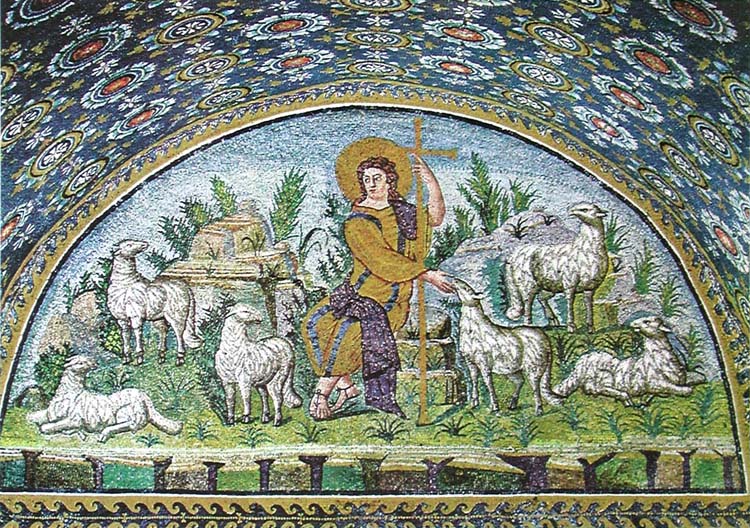
It is very common in the Bloggernaccle to talk about an exodus of members from the Church. These members are usually described as a cohesive demographic. The two examples I’ve seen most frequently are (1) young Millennials who are disillusioned by the discrepancy between real history and CES whitewashing and (2) good women whose contributions and perspectives are devalued and rejected by the institution at large. I don’t have any insider or objective data on these concerns, and so I couldn’t say where they fall on the spectrum from urban legend to imminent crisis, but I suspect the problem is… Read More
-
•
•
80 responses
As I indicated in my last post, I am very, very happy with this response from Brother Otterson, for two reasons: Read More
-
•
•
11 responses

I love the Old Testament, both as an anthropologist and as a Mormon. None of our other Standard Works has as many wonderful stories as the OT, and none raises as many questions as this longest and most complex of all Scriptures. Now that we plough our way through it in Sunday School, we noticed how hard these stories are, and even harder are the parts we skip. That has everything to do with the purpose of these tales, what I call their ‘voices’. Jonathan Green correctly reminded us in his blog that the ‘Why told’ question is more interesting… Read More
-
•
•
6 responses
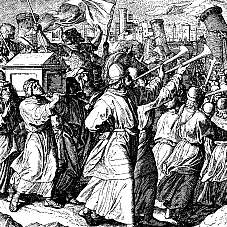
When reading the Old Testament, the essential thing to keep in mind is not This is what happened but This is what someone thought was important for later readers to remember. Read More
-
•
•
62 responses
There is a lot that could be said about Michael Otterson’s recent open letter. I think it does a lot to heal the immense pain and anger that many people—especially those who do not support Ordain Women–have felt in recent weeks as a result of how Church PR has (mis)handled Ordain Women. So thank you, Brother Otterson. There are a few places where I think it falls short of the mark, however; this post pushes back at just one statement: Read More
-
•
•
23 responses
Below is a letter from Michael Otterson, Managing Director of Public Affairs for the Church of Jesus Christ of Latter-day Saints, that the Mormon Newsroom asked Times & Seasons to consider publishing. Comments on various blogs over recent months about what Church leaders should or should not think and do about women’s roles in The Church of Jesus Christ of Latter-day Saints prompt me to provide some context from an insider perspective that may be helpful. Recently a woman posted this comment on a blog: Please understand that not [all] women who wish to be seen in all their worth are… Read More
-
•
•
51 responses
Do you ever read the bits of scripture that are excluded from our Sunday School lesson manuals? If you are only looking up certain passages, it is as though the rest of the text doesn’t exist. Read More
-
•
•
24 responses
Let’s say that the historicity of the Book of Mormon could be demonstrated irrefutably. (Say that Nephi returned in a cloud of glory, held a press conference, and pointed us to incontrovertible archeological proof.) Would I tune in to watch? Yes. Would this convince me to join or stay in the church? Read More
-
•
•
8 responses
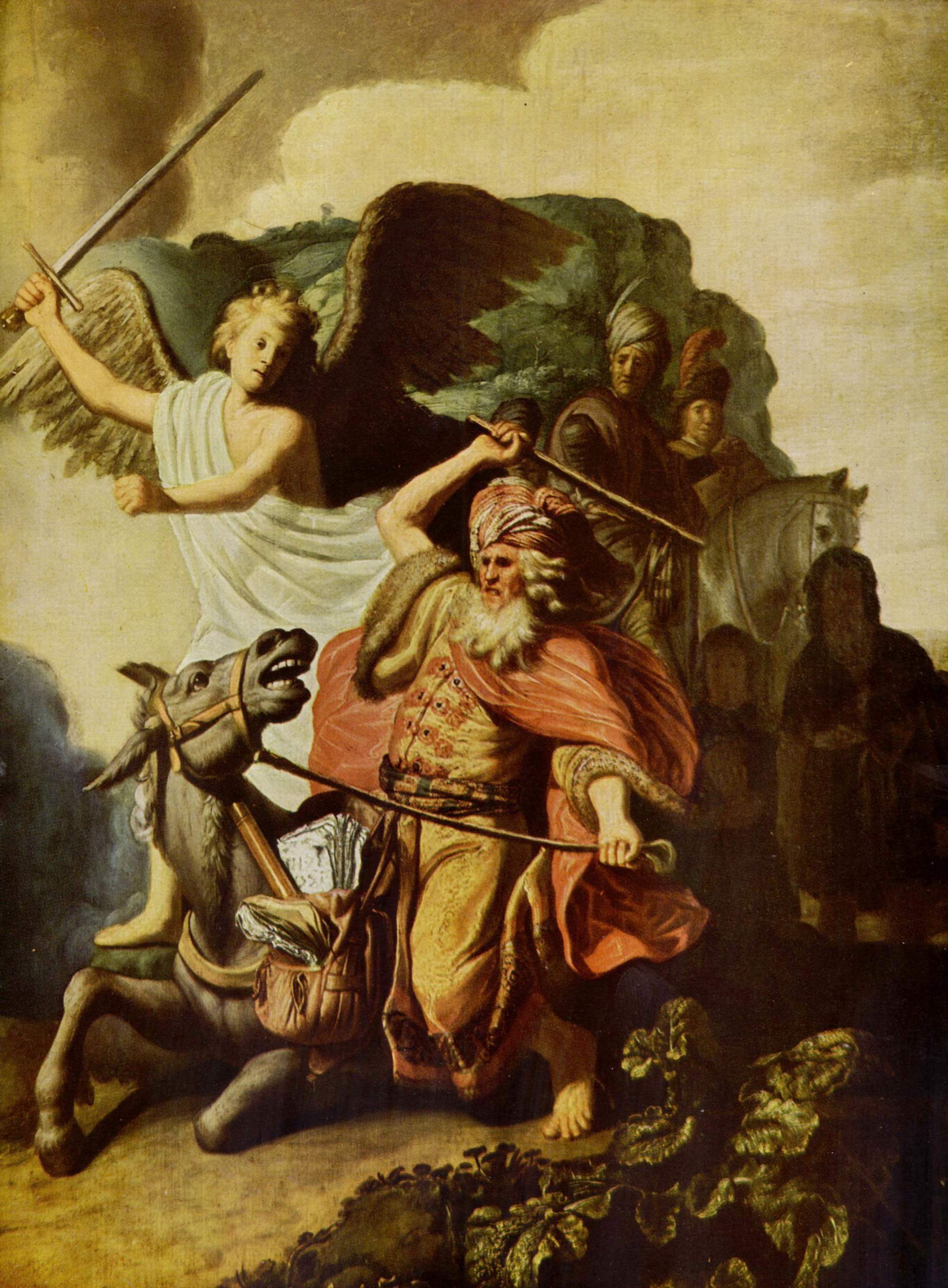
The Gospel Doctrine class gives quite some attention to one of the strangest stories in the Old Testament, the one of the prophet Bileam, or Balaam; I just taught it in our ward in the Netherlands. The story is strange in many ways, and with a personage that is surrounded by miracles one easily assumes that he is fictive to start with. But he really existed and as an important prophet! When studying anthropology at Utrecht University, during the archeology course the professor told us about his visit to Deir ‘Alla, a site on the East Bank of the Jordan… Read More
-
•
•
6 responses
From Socrates in Athens to Galileo in Rome to John Scopes in a small town in Tennessee, trials make great drama. So it is not surprising that LDS disciplinary proceedings, essentially mini-trials, get so much attention, especially in the age of blogs and Facebook. I shared my thoughts on the topic three years ago in Church Discipline in the Internet Age. This post takes a different approach. Ever heard of Mars Hill Church? Read More
-
•
•
3 responses

I’ve spent a fair amount of time in the Middle East, where in many places shepherds still live with their sheep, sleeping with them at night and following them around all day to keep them out of trouble. It’s a common enough sight to see a weather-beaten man walking among a dozen or more sheep and goats as they range through wadis and small valleys, nibbling at the sparse vegetation and scampering from hilltop to hilltop. The whole scenario always strikes me as timeless and exotic; it’s something I never imagined in my American world of fences and orderly pastures.… Read More
-
•
•
4 responses
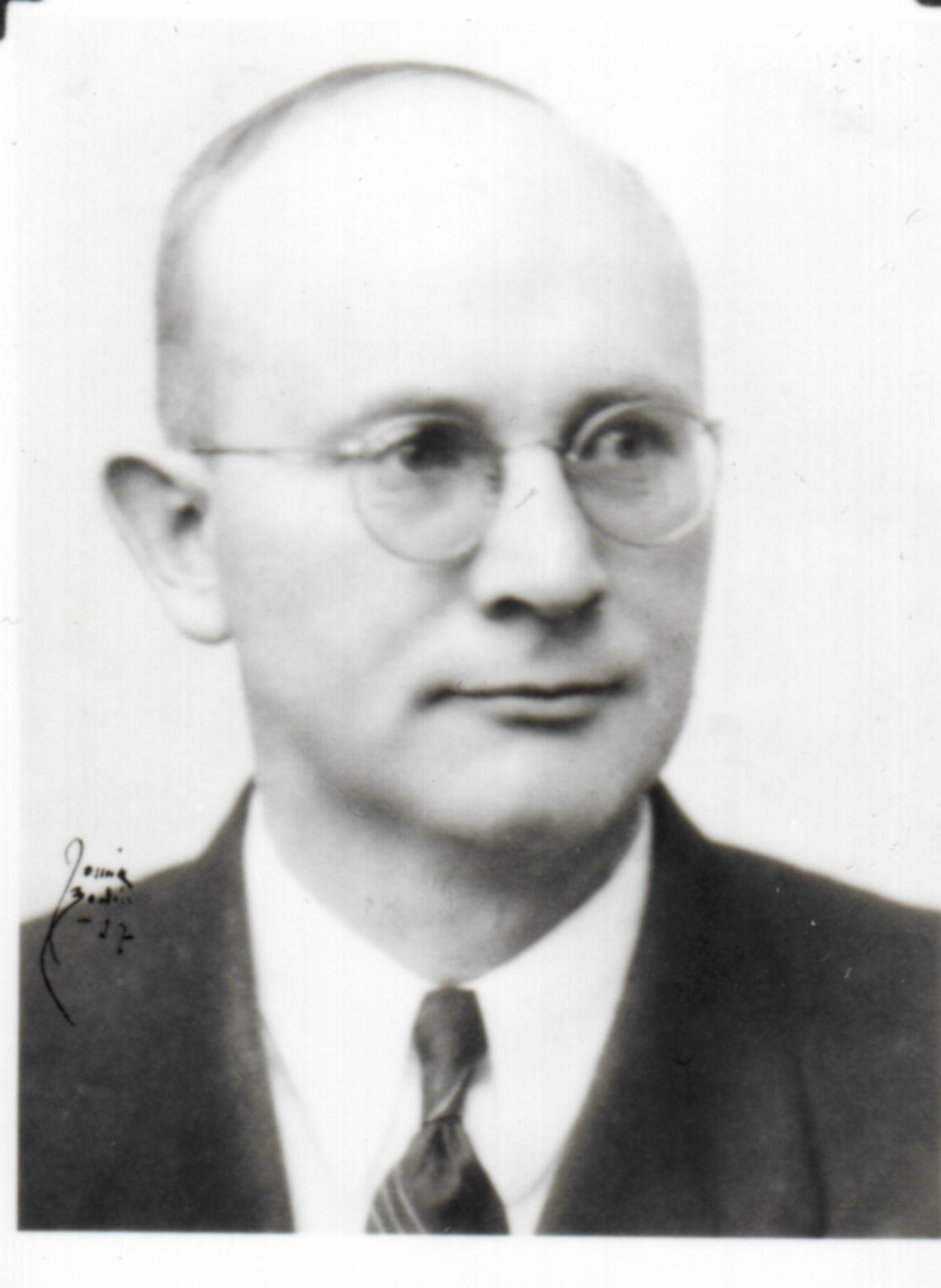
The restoration of priesthood keys is a vital part of LDS teachings, something that is emphasized repeatedly in lesson manuals, such as chapter 11 in the current Joseph Fielding Smith manual. It is also one of the most emphasized elements of the lessons taught by LDS missionaries. So it is no surprise to find the restoration of priesthood keys as a central element in the following poem, composed by a young LDS missionary in 1922. Read More
-
•
•
2 responses
As the Children of Israel entered the promised land, they also faced a change of leadership, with all that entails. As Moses doesn’t cross the Jordan, Joshua is called to lead the Israelites, cross the Jordan and subjugate the territory promised. Lesson 18 of the Old Testament Gospel Doctrine manual portrays this time as a time when the Children of Israel re-commit themselves to serving the Lord behind a new leader. Following the death of Joseph Smith, the nascent Mormon people also had to face a change in leadership, and (although in a somewhat different manner) cross a river behind… Read More
-
•
•
11 responses
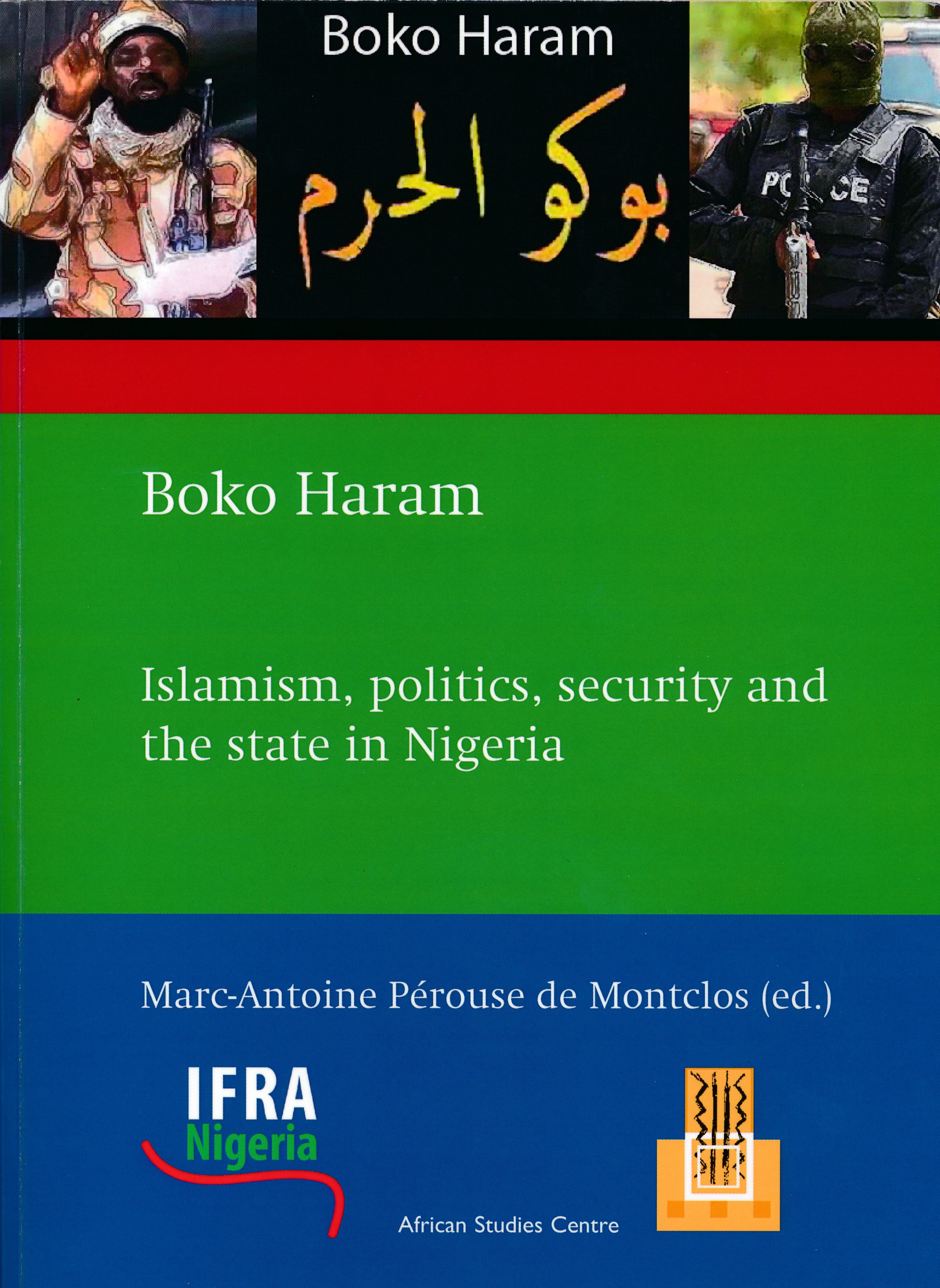
The French president Francois Hollande is convening an international conference with the countries around Nigeria on the question how to deal with Boko Haram, Michelle Obama addressed the USA on the plight of the abducted schoolgirls: all through the western world the media react to this incident in North Nigeria. Last Saturday I gave an interview on Boko Haram for the national Dutch radio: the media have ‘discovered’ Boko Haram, and so have international politics. Of course the furor is completely justified, especially when the leader of Boko Haram, Abubakar Shekau, announced that he would sell the girls, either as… Read More
